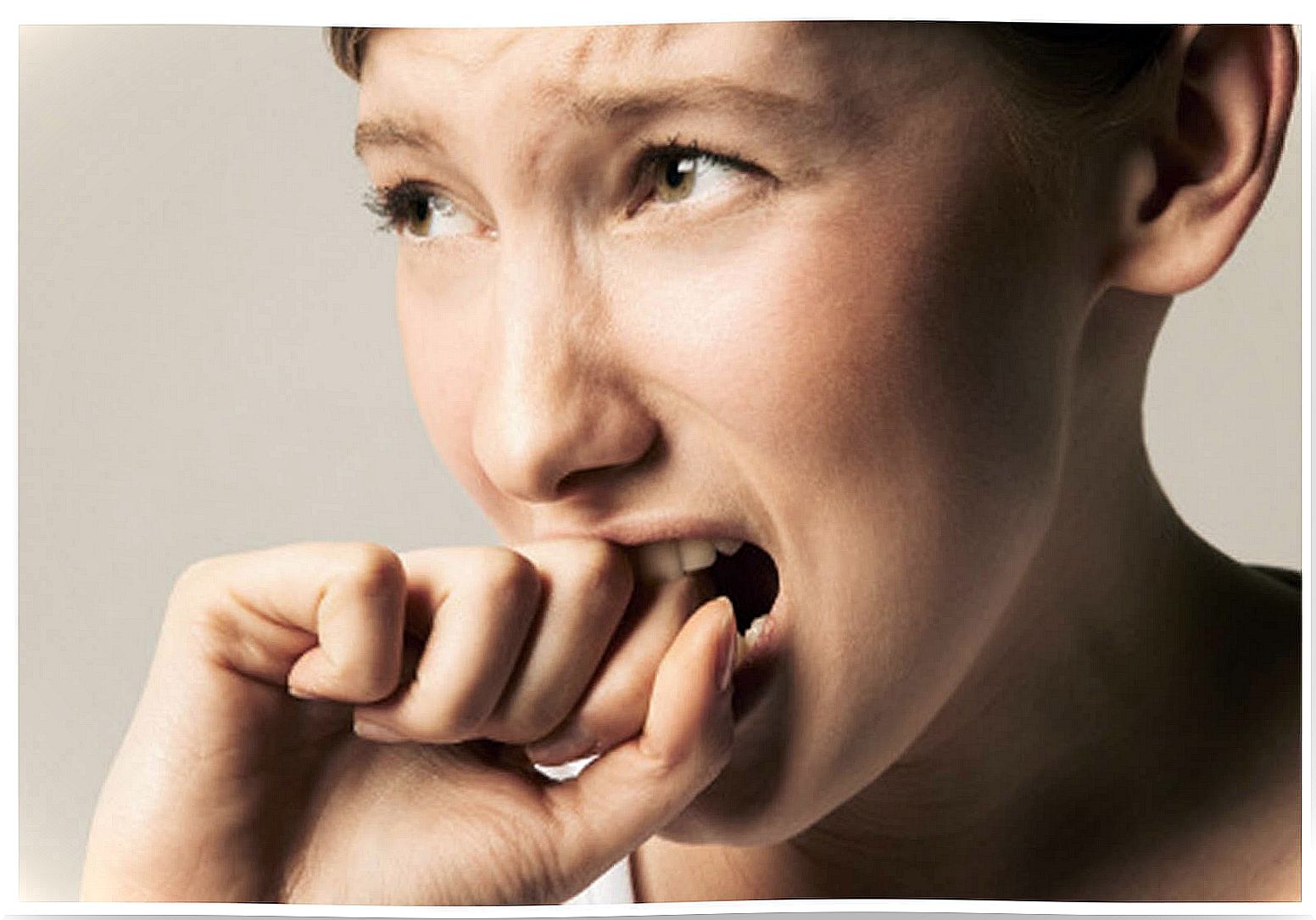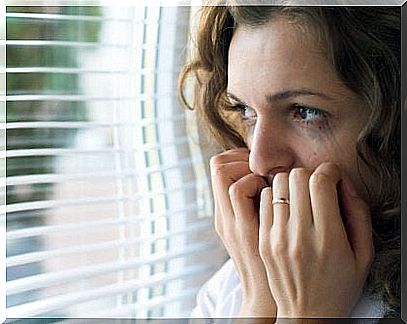Do You Know The Symptoms Of Anxiety Attacks?

Anxiety transforms everyday situations into authentic challenges. Being aware of its presence in our way of life is one of the first steps to minimizing its symptoms.
Before continuing, remember that when we find ourselves in a situation where we are living with anxiety , to overcome it it is necessary for the person not to focus on the symptoms. Your attention should be devoted to more useful and practical aspects, such as carrying out constructive activities, exercising, relaxing, etc.
What are the symptoms associated with anxiety attacks?
- Feeling of suffocation and difficulty breathing. These sensations are some of the most distressing symptoms, as we have the perception that someone is suffocating us, for example, with a pillow. It is important to remember that this experience is just a sensation produced by exaggerated nervous impulses. These symptoms cannot cause harm. Your breathing will not stop.
- Chest pain. This discomfort is produced by muscle tension . Chest pain can be very fearful, as the initial feeling for anyone suffering an anxiety attack with chest pain is that they are dying of a heart attack. When this damage occurs in states of anxiety, it does not start in the chest. To avoid this discomfort, deep breathing and various relaxation exercises will help you to effectively reduce it.
- Palpitations. Anxiety produces an increase in adrenaline levels in the bloodstream, causing the heart to accelerate. Something we’re not very used to: a slow heart rate is also a normal feature of anxiety.
- Paleness of the skin. When we are under the effects of anxiety, blood is diverted to the muscles during the “fight or flight” response . We will return to normal when the body starts to normalize after the attack. When this happens, some people may turn a little paler than usual.
- Perspiration. During periods of anxiety, the body heats up as it prepares to run away or fight. To regain our body balance, we release sweat to try to lower our body temperature and balance it.
- Shivering and chills. Shivering is a normal reaction to fear. When we suffer from anxiety, it is very normal to experience tremors or chills. They will stop as soon as the attack ends.
- Pain in shoulders and neck. These areas of the body are usually the first to tense when we are stressed. The face area tends to harden due to body rigidity, then showing muscle contractures.

- Digestive and stomach problems. Our digestive system is one of the areas where blood is used the most. Blood is sent to this area to absorb nutrients from the food we eat. During anxiety, blood is diverted to the muscles to respond appropriately to the fight-flight state. As a result, digestion slows down and the muscles around the stomach can form knots. Digestive problems will arise, such as indigestion, stomach acidity, and diarrhea or constipation.
- Skin rash. Very common symptoms of anxiety and stress are skin rashes, blemishes or dryness. Eczema may appear around the nose, cheeks and forehead. These disappear when we start to feel better.
- Weakness and tingling in hands or feet. The fight-or-flight response we undergo is a very intense reaction with a profound effect on bodily sensations. Tingling is usually caused by the accumulation of carbon dioxide in the blood in the extremities. These symptoms are not harmful, getting back to normal with the help of quick exercise.
- Dry mouth. During anxiety attacks, fluids are diverted to other parts of the body. Therefore, the mouth is more likely to dry out. In order to avoid this feeling, try drinking water to stay hydrated and lubricate your mouth. This symptom is not harmful and disappears when anxiety is overcome.
- Insomnia. One of the most important and difficult effects of anxiety is insomnia : the inability to sleep or stay asleep. It is important to regain regular sleep patterns and schedules for our personal well-being and to help eliminate anxiety in our daily lives.
- Nightmares. Nightmares often mimic what is happening in our daily lives. If we find ourselves relaxed and content, we will have positive and happy dreams. It is absolutely true that nightmares are unpleasant and harmless, but they can alter our sleep cycle. In order to avoid them, practice relaxation exercises during the day and before going to bed.
- Irritability. We find ourselves more irritable when we feel tired or sick. One of the main causes of anger is sadness . Anger is a normal reaction to fear or fear.
These are some of the most common symptoms of anxiety attacks, but we can also show changes such as:
- Fear of losing control;
- Increased depression and suicidal thoughts;
- Distortion of vision;
- Impaired hearing;
- Hormonal problems;
- Headaches and migraines;
- Eye pain;
- Agoraphobia.









